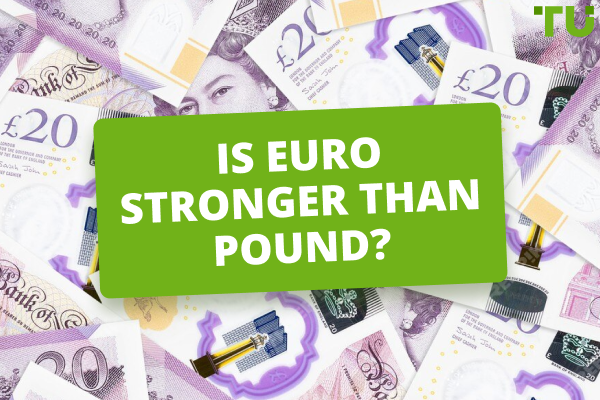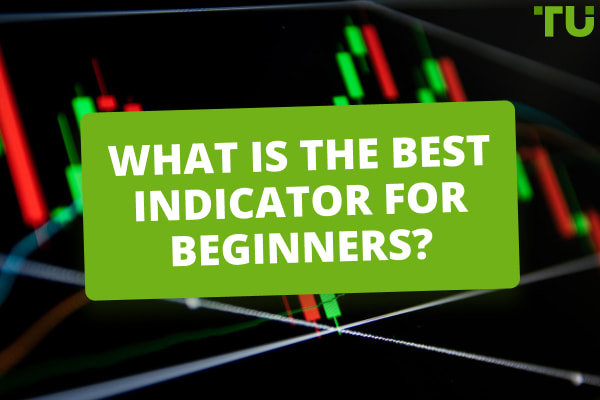Note:
Please note that even if you plan to take 5 years to become a professional trader - you will probably gain a lot of valuable new knowledge about technical and fundamental analysis. But this does not guarantee that you will eventually become a trader capable of making sufficient profits over time.











